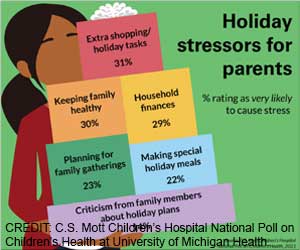Working with a group of high-performing football athletes, researchers investigated relationships between mindfulness, executive functioning, and psychological distress.
This relationship was observed at two-time points: immediately after the initial COVID-19-related shutdown of sport in South Australia and approximately six months later, at the end of the athletes’ competitive season.
As the study was conducted during COVID-19, it provided unique insight into the mental skills and resources that shape how athletes respond to significant stress.
“When you’re an elite athlete, staying top of your game also means keeping your stress levels in check, but time and time again we hear about athletes struggling with psychological stress“, says Lead researcher Ed O’Connor.
Athletes have concerning rates of mental health issues – including depression and anxiety – with the pandemic only adding to their mental health burden.
This research explored this with elite footballers, finding that athletes who were able to stay present and calm at the moment reported far lower levels of stress.
Be Calm In The Present To Cope With Stress In Future
If mindfulness can equip athletes to better cope with unexpected change and uncertainty it could be a very beneficial intervention to minimize potential stress.
It’s no surprise that elite athletes deal with a lot of stress. But at the heart of it, we must remember that athletes are people too, and can struggle with the same human conditions as everyone else.
Right now, we’re only at the start of understanding how stress can manifest and affect athletes. More research is needed, but as this study identified that mindfulness may protect athletes from stress, cognitive training interventions may equip athletes with greater mindfulness and stronger mental resilience, then this is a path worth investigating.
Source: Medindia



